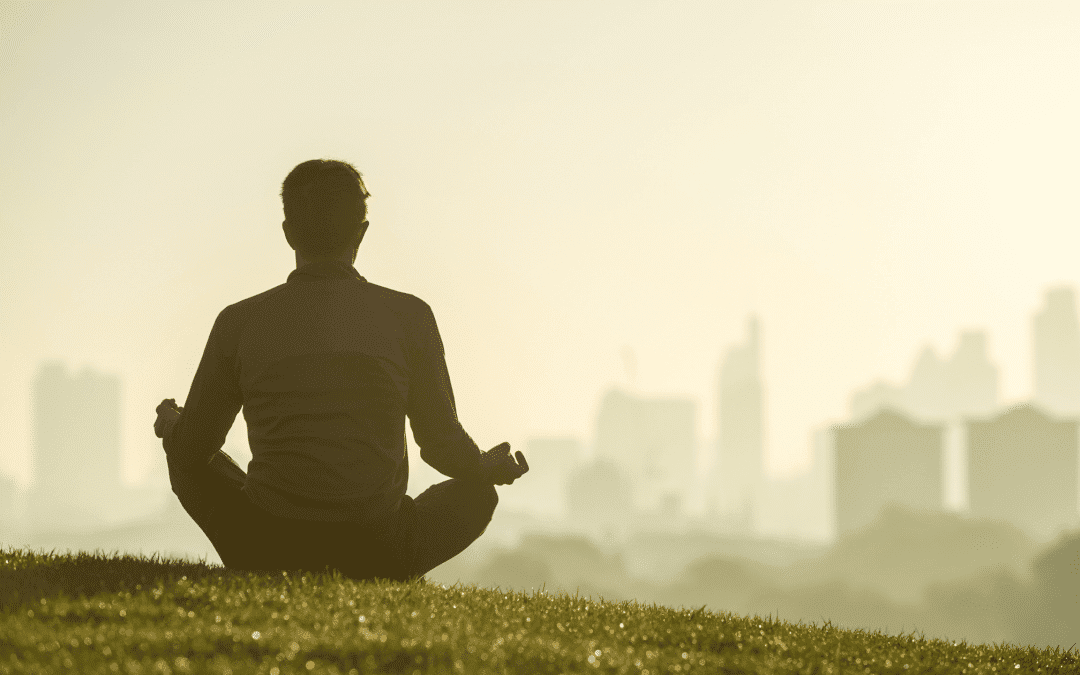Protecting your mental health is vital in leading a life of wellness for yourself and your family. Between work, family, stress, and other life obligations, it’s easy to lose balance and revert back to old habits.
Finding balance in life is an essential part of moving forward through trauma and addiction recovery. Remember, it’s okay to slow down, ask for help, it’s okay to say no to prior obligations, and you’re allowed to take a “self-care day” to protect your mental health.
Building positive mental health habits is the best strategy to implement into their lifestyle to maintain sobriety and overall wellness.
During your recovery process, it’s important to share how you feel with those you love, remain active, take mental breaks, and understand that it is okay to ask for health.
To assist you in strengthening your current habits and to elevate your ideas with new habits, here are four ways you can continue to protect your mental health:
Share how you feel
It’s okay to share your emotions with those you love. Remember, you’re not a burden on anyone; your loved ones want to know how you feel. It’s important to confide in at least one person you trust and are comfortable with.
Sharing your emotions with a person you can trust may alleviate any pent-up energy, and negative thoughts felt inside. Sharing how you feel out loud can lift a huge load off your shoulders.
Stay active
Even though the tough days, it’s important to remain active to keep your mind occupied and improve your overall sense of wellbeing. Regular exercise is known to moderately alleviate bouts of depression and even anxiety. It’s also important to note that regular exercise can help you sleep better at night due to the adrenaline hormones produced during the session.
“Studies show that exercise can treat mild to moderate depression as effectively as antidepressant medication—but without the side-effects, of course. As one example, a recent study done by the Harvard T.H. Chan School of Public Health found that running for 15 minutes a day or walking for an hour reduces the risk of major depression by 26 percent.”
HelpGuide
Take a break
It’s okay to take a break. It’s acceptable to take a moment to do absolutely nothing. When you are feeling overwhelmed, step away and get some fresh air.
Often, we are so inclined to keep up with the daily grind and put so many others before ourselves and fail to remember that we need breaks too. For first responders, it’s almost as if there are zero breaks, ever, even outside of the uniform, you’re probably finding yourself constantly looking out for the wellbeing of those around you.
The moment you start feeling overwhelmed, take a break. You deserve it.
Ask for help
Asking for help is a vital step in protecting and maintaining a positive mindset. Times will get tough, they will, but understanding that you can ask for help beforehand will help you feel less alone during the process of recovery and wellness.
Mental health issues can be debilitating. We understand because we’ve been there, and we want you to know that there are so many helpful tools, habits, and resources that can significantly make an impact on your life; just ask.

